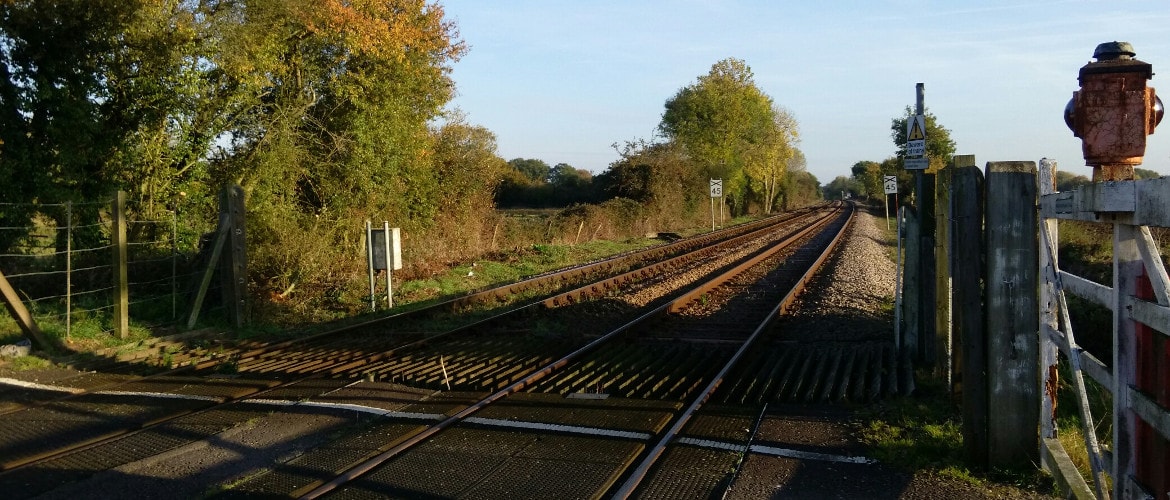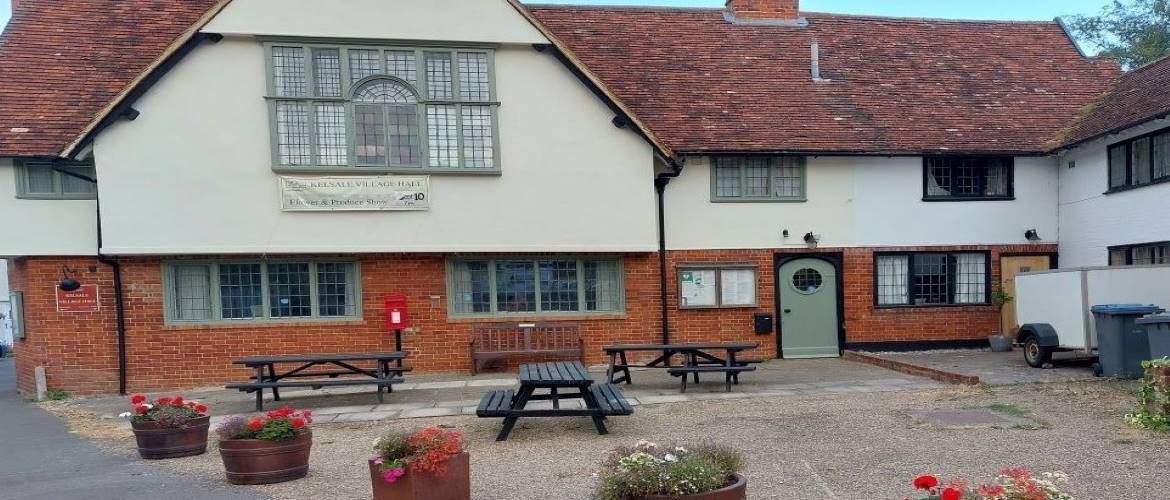Parish Council Meetings
Kelsale-cum-Carlton Parish Council meet every month, on the last Wednesday of the month.
Where
Meetings are held in the Committee Room in Kelsale Village Hall, unless announced otherwise.
When
Very rarely, we change the date to avoid clashes for example with bank holidays. Any change will be advertised well in advance.
The May meeting is the Annual General Meeting when, every year, the Council is required to elect a chair, vice chair and decide membership of its committees for the coming 12 months.
Meetings begin at 7:00pm and normally last two hours.
The agenda and meeting notices are posted on the noticeboards around the village.
There must also be an Annual Parish Meeting open to all electors, held in April. Notices of the meeting are delivered to all households in the village.
Who can come
Meetings are open to the public. Anyone is welcome to attend, raise questions during question time at the beginning of the meeting.
But if you have any problems which you think the Parish Council can help with, don’t wait for a meeting – talk to one of the councillors, drop a note to the clerk or get in touch via email.
Parish Council Powers
What Can Local Councils Do?
Parish Councils have a range of powers (things they can do), which is laid down in law. There is a much shorter list of duties (things they must do). Some of the powers are historic, such as the power to provide public bath houses.
The powers which have been vested in Parish, Town and Community Councils by Acts of Parliament are summarised here as a guide to Councillors and others.
Each description is brief and is intended to be a general indication and may be subject to change. Like all powers given to public bodies the powers of local councils are defined in detail in legislation and these details may include a requirement to obtain the consent of another body (for example the approval of the County Council to the provision of a car park).
Local Councils must exercise their powers also subject to the provisions of the general law (for example planning permission is necessary for a sports pavilion). Information on all these details should be in the hands of the Clerks of the Councils.
The powers are listed alphabetically.
* means that the council may, in addition to exercising the power itself, help another body to act by giving financial assistance.
Allotments: Provision and maintenance of allotments for cultivation.
Arts*: Developing and improving knowledge of the arts and the crafts which serve the arts.
Baths: Provision of baths and wash-houses (which in modern terms may mean a launderette).
Borrowing: Parish, Town and Community Councils may borrow money subject to certain limits.
Cemeteries*: Provision and maintenance of burial grounds, cemeteries, crematoria, mortuaries and post-mortem rooms.
Churchyards: Power to contribute to the costs of a churchyard in use and a duty to maintain any closed churchyard where the duty has been transferred by the Church of England.
Clocks*: Provision and maintenance of public clocks, on churches or elsewhere.
Commons: Power to protect any finally registered common which has no registered owner.
Crime prevention*: Installation of equipment and establishment of schemes for the detection or prevention of crime; making grants to the police authority for these purposes.
Entertainments*: Provision of any form of public entertainment and any premises for giving entertainments. (This includes maintaining bands or orchestras and providing for dancing.)
Halls*: Provision of buildings for public meetings and functions, for indoor sports or physical recreation, or for the use of clubs or societies having recreational, social or athletic objects.
Legal Proceedings: Power to prosecute and defend any legal proceedings in the interests of the inhabitants. Power to take part in any public local inquiry.
Lighting: Provision and maintenance of any footway lighting which lights roads or pavements provided the columns are not above specified heights.
Litter*: Provision of litter-bins in streets and support for anti-litter campaigns.
Open Spaces: Provision and maintenance of public open spaces, pleasure grounds and public walks.
Parking Places: Provision and management of car and cycle parks.
Parks: Provision and maintenance of public parks and appropriate facilities.
Planning: Local councils have a right to be notified of any planning application affecting their area and to make comments which the planning authority must take into account.
Playing Fields*: Provision and maintenance of land for any kind of outdoor recreation, including boating pools.
Ponds*: Power to deal with ponds, pools, or other places containing filth or matter prejudicial to health.
Public Lavatories: Provision and maintenance of public lavatories.
Rights of Way: Maintenance of public footpaths and bridleways.
Roadside Verges: Power to plant and maintain roadside verges.
Seats*: Provision and maintenance of public seats on the highway.
Shelters*: Provision and maintenance of shelters for general public use and also particularly for bus passengers.
Signs: Power to erect signs which warn of dangers or announce a place name, or indicate a bus stop.
Swimming*: Provision of indoor or outdoor swimming pools or bathing places.
Tourism*: Provision of facilities for conferences and encouragement of recreational and business tourism.
Traffic calming: Contribution towards the cost of traffic calming works provided by highway authorities.
Transport*: Establishment of car-sharing and taxi fare concession schemes; making grants for community bus services and bus services for the elderly or disabled; investigation of public transport, road and traffic provision and needs; provision of information about public transport services.
Village Green*: Powers to maintain the village or town green.
General Expenditure Power: In any situation not covered by one of the specific powers described above a council may spend money on any purpose which in its opinion is of direct benefit to its area or to the inhabitants subject to Government limits.





